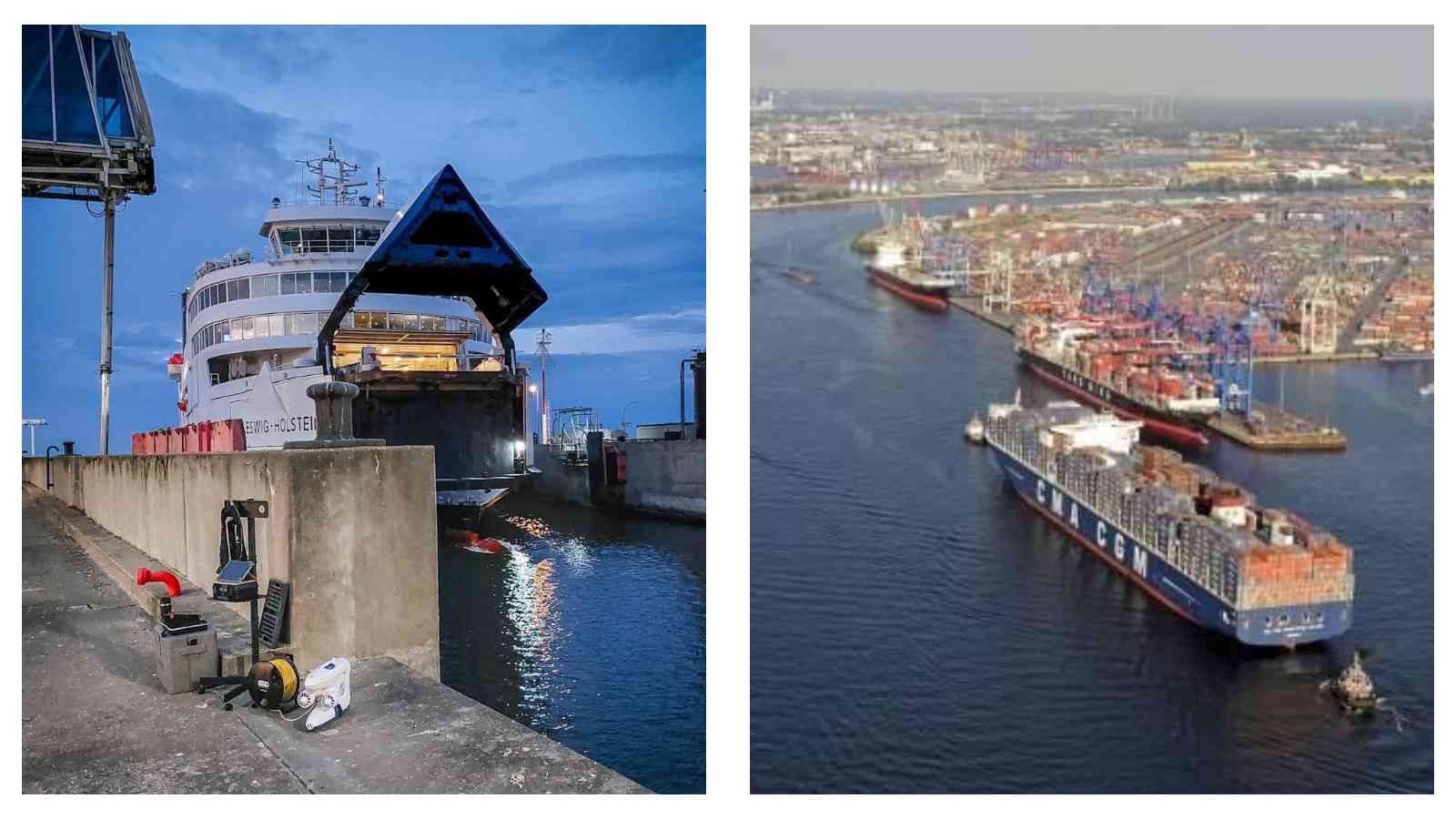By Elan Castañares
Stein Maritime Consulting, based in Hamburg, Germany, is set to explore the use of diving drones and artificial intelligence (AI) in the inspection of biological fouling on ship and submarine hulls.
The project, funded by the Hamburgische Investitions-und Foerderbank (IFB Hamburg), aims to demonstrate the potential of AI-driven image processing in replacing traditional diver inspections, according to a press release from the Hamburg local government.
Fouling a problem for shipping
Fouling, which includes algae and other marine organisms, can significantly impact the efficiency of maritime vessels.
As these organisms accumulate on the hull, they increase frictional resistance, leading to higher fuel consumption and emissions.
This not only affects the environmental footprint of vessels but also reduces operational efficiency, increasing costs for shipping companies.
According to the project team, the goal is to replace costly diver inspections with more efficient, AI-driven methods using drones.
READ MORE: Japan turns to advanced preservation in time for sakura season

Role of AI drones
The study aims to develop a data-driven risk assessment system to evaluate the extent of biological fouling on ship and submarine hulls.
Diving drones will capture high-resolution images of the hulls, which will then be analysed using AI to identify and quantify the amount of biological growth.
This data will be cross-referenced with a range of environmental and operational factors, such as the ship’s route, weather conditions and water temperature.
This approach will help optimise fleet management, reduce fuel consumption and minimise unnecessary emissions.
Digitalisation in shipping
Manuel Martin, Fleet Manager at Scandaline, emphasised the importance of the project, calling it a “significant moment for the digitalisation of shipping.”
He highlighted the need for technological innovations like AI and drones in modernising maritime operations, particularly in the face of growing environmental concerns.
The initiative builds upon previous efforts by Stein Maritime Consulting, including the successful hull inspection of a passenger ship in 2023 using a remotely operated vehicle (ROV), marking a milestone in the use of robotics for maritime inspection.
YOU MAY ALSO LIKE: Olivia Rodrigo stuns at Lollapalooza Chile & Argentina 2025

Hamburg a potential leader in maritime innovation
Stein has expressed confidence that the technology could position Hamburg as a global leader in maritime innovation.
He envisions the city blending its rich Hanseatic tradition with cutting-edge technological solutions, setting an example for other ports and cities worldwide.
The Port of Hamburg, known for its long maritime history, is an ideal location to test and implement these advanced technologies, allowing the city to further solidify its reputation as a pioneer in the field.
Looking ahead, Stein Maritime Consulting plans to continue its work on AI-driven technologies, including automated data labeling, AI-based 3D presentations of ship hulls and advanced fluid dynamics simulations.
These innovations could revolutionise the shipping industry by offering new ways to optimise vessel performance and reduce environmental impacts.
As the study progresses, the team hopes to see the widespread adoption of these technologies, creating a more sustainable and efficient maritime industry.
The feasibility study, set to continue until September 2025, is expected to provide valuable insights into the potential savings and benefits of using AI and drones for marine inspections.
READ NEXT: Decoding Asia’s Economic Resilience: A Boao Forum Analysis
